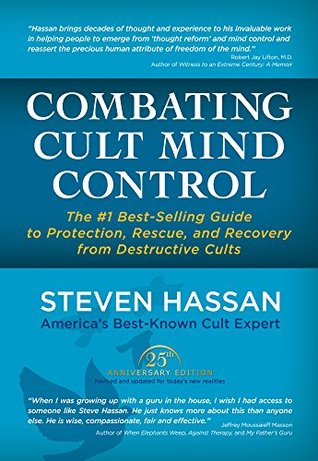More on this book
Community
Kindle Notes & Highlights
even though a member may feel they are closer to their comrades than they have ever been to anyone before. Indeed, when cult members go through hardship (fundraising in freezing cold or broiling heat) or persecution (being harassed by outsiders or arrested for violating the law), they often feel a depth of camaraderie and shared martyrdom that is exceptional. But because the only real allegiance is to the leader, a closer look shows that such ties are actually quite shallow, and sometimes just private fantasy.
No Way Out In a destructive cult, there is never a legitimate reason for leaving. Unlike healthy organizations, which recognize a person’s inherent right to choose to move on, mind control groups make it very clear that there is no legitimate way to leave. Members are told that the only reasons that people leave are weakness, insanity, temptation, brainwashing (by deprogrammers), pride, sin, and so on. Members are thoroughly indoctrinated with the belief that if they ever do leave, terrible consequences will befall them, their family and/or humanity. Although cult members will often say, “Show
...more
Even though violence toward former cult members is relatively rare, the fear factor has kept many people from going public and telling their stories. What they don’t realize is that once their story is told, it would be stupid for a group to retaliate, because that would only incriminate them more. When I started Ex-Moon Inc. in 1979, it was partly because I realized there would be much more strength and safety in numbers. That strategy was successful. Some of the larger, more aggressive groups, such as Scientology, believe in attacking critics rather than defending against accusations.
...more
This realization is often more difficult for long-term members. Imagine going into a group at age 18 and coming out at 30. You’ve been deprived of a huge amount of life experience. Your twenties, typically reserved for self-exploration, experimentation, education, skill development, career and relationship building, have been lost. Chronologically, you are 30, but psychologically, you probably feel 18. Friends from high school have good jobs; many are married; some have children; some have houses. At 30, you may be inexperienced at dating, and have been out of touch with world affairs for more
...more
Paradoxically, however, you need to slow down and take time. You need time to heal, grow and develop. You’ll need to discover or create your own path, and be concerned about your own unique needs, rather than compare yourself with other people.


